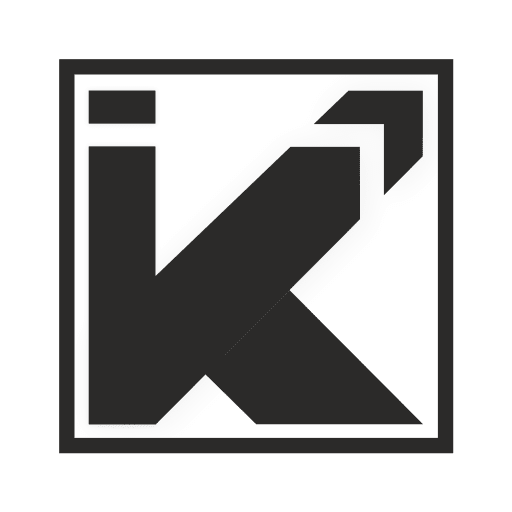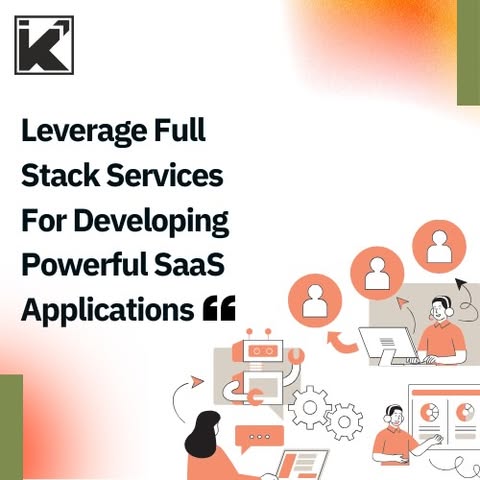Manufacturing application development simply refers to the design and implementation of customized software applications based on specific needs pertaining to manufacturing. Manufacturing is a very dynamic industry today, and the only guaranteed avenue through which firms in this sector will be assured of competitiveness even in the future is by embracing emerging technologies.
Indeed, a recent poll by manufacturing companies found that only 21 percent feel they are fully. Somewhat prepared to cope with the challenges brought about by the looming digital industrial revolution.
Below, please find an explanation of the major benefits associated with the development of manufacturing applications, types of manufacturing apps, challenges at the development phase, some steps in the development process critical, and some tips on how to choose the right development partner.
Key Benefits of Manufacturing App Development
In this regard, development regarding Manufacturing Apps for Mobile Devices would render comprehensive advantages to the sectors of manufacturing industries, inclusive of efficiency, productivity, and effectiveness of the operational workflow.
Here are some of the key benefits of mobile apps in manufacturing:
Increased Efficiency and Productivity
Applications designed for manufacturing purposes help optimize workflows in improving efficiency by automating routine tasks and eliminating human error.
Those also help staff have access to real-time data, contributing to prompt informed decisions. That enhance efficiency and productivity as a whole.
Read More :- Best Fintech Web Development Services
Enhanced Communication and Collaboration
Improved communication is vital to any form of manufacturing.
Manufacturing applications drive better communication and coordination across teams at various functional levels.
This ensures that everyone is literally on the same page to help minimize misunderstandings and delays down the production pipeline.
Real-time Monitoring and Reporting
The manufacturing application can be developed to realize another important advantage: it’s to provide a real-time monitoring of the operation.
With this, the bottlenecks, quality problems, or equipment failures could be quickly identified and appropriate remedial measures would be ensured with very little loss of time.
Streamlined Supply Chain Management
The manufacturing-oriented application is considered fundamental in enhancing the efficiency of the supply chain. It helps track the level of inventories, orders management, and ensures timely delivery.
In this way, the process is smoothened to reduce disruptions, alleviate costs, and enhance the overall effectiveness of the supply chain.
Improved Decision-Making Processes
Precise and timely information can help every decision-maker in the manufacturing industry make better decisions.
Manufacturing applications help provide insight into key performance indicators of key importance and also help derive decisions from the analysis of data.
This results in enhanced resource distribution, optimized procedures, and ultimately, greater profitability.
Types of Manufacturing Apps
These functionalities in manufacturing applications address various issues related to the process of manufacturing.
Based on their respective functions within the sector, manufacturing applications can fall under many categories.
Applications for Planning and Scheduling of Production
These applications make it possible to have effective development in production schedules with regard to machine capacity, workforce availability, and prioritization of orders.
Applications for Quality Control and Inspection
Applications of quality control ensure that products meet set standards by facilitating real-time monitoring and evaluation in the manufacturing process.
Inventory Management Apps
Inventory management applications help organizations to manage all raw materials, work-in-progress items, and finished products effectively.
Maintenance and Asset Management Apps
These applications assist in organizing preventive maintenance, monitoring equipment performance. Overseeing the overall health of assets.
Employee Training and Management Apps
Applications designed for employee training improve the skill set of the workforce and guarantee adherence to industry standards, thereby fostering a proficient and effective team.
Steps In Manufacturing App Development
The development of manufacturing applications encompasses several essential stages to guarantee a successful and efficient outcome.
Below is a comprehensive outline of the stages involved in mobile application development for the manufacturing sector:
Define Objectives and Requirements:
The initial and essential step in developing the manufacturing application is to explicitly define its objectives and requirements. This process entails comprehending the unique needs of the organization and detailing the expected features and functionalities.
Choosing the Right Development Platform:
Identification of the proper development platform has a huge significance in implementing the manufacturing application. It is at this stage that the issues of compatibility, scalability, and cost-effectiveness come into prominence.
Design User Interface and User Experience:
The most crucial part of the design cycle, designing UI/UX makes the application user-friendly and more accessible. A well-designed. Intuitive interface improves the overall efficiency of the manufacturing application manifold.
Application Development and Testing:
At this stage in its development, the actual programming of the application takes place based on the specifications drawn up. Rigorous testing will help identify and eliminate any bugs or issues to ensure a solid and reliable manufacturing application.
Deploy and Monitor:
It is followed by the implementation stage-when the application has been developed, tested, deployment will be executed for use inside the organization. Additional monitoring should be done to see problems in performance, security vulnerabilities, or user feedback to add value for future enhancement.
Conclusion
Manufacturing applications have been regarded as the development milestone that brings many advantages into the line, including. But not limited to increasing efficiency, improving communication, providing real-time monitoring, intensifying supply chain management. Much better decision-making abilities.
The strategic development of apps helps the manufacturer stay competitive, enhances the efficiency of the operations, and saves their operations from the emerging trends in the industry of manufacturing.
Industrial manufacturing firms seeking an experienced partner for digital transformation can look onto Kryoverse Innovations for the delivery of state-of-the-art and customized manufacturing application solutions.
Selecting an appropriate development partner, like Kryoverse Innovations, guarantees a seamless, successful, and sustainable transition towards the adoption of manufacturing applications.



